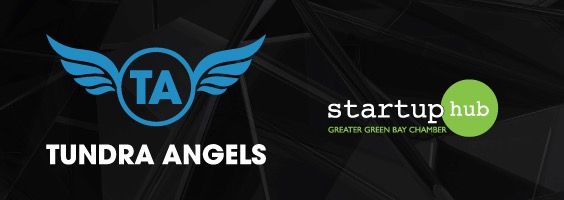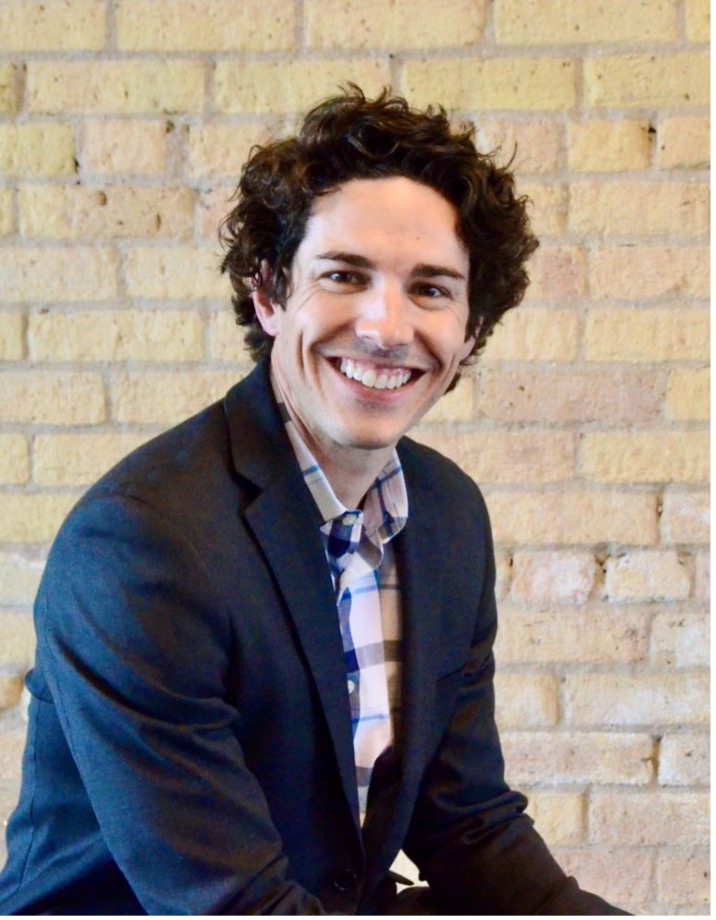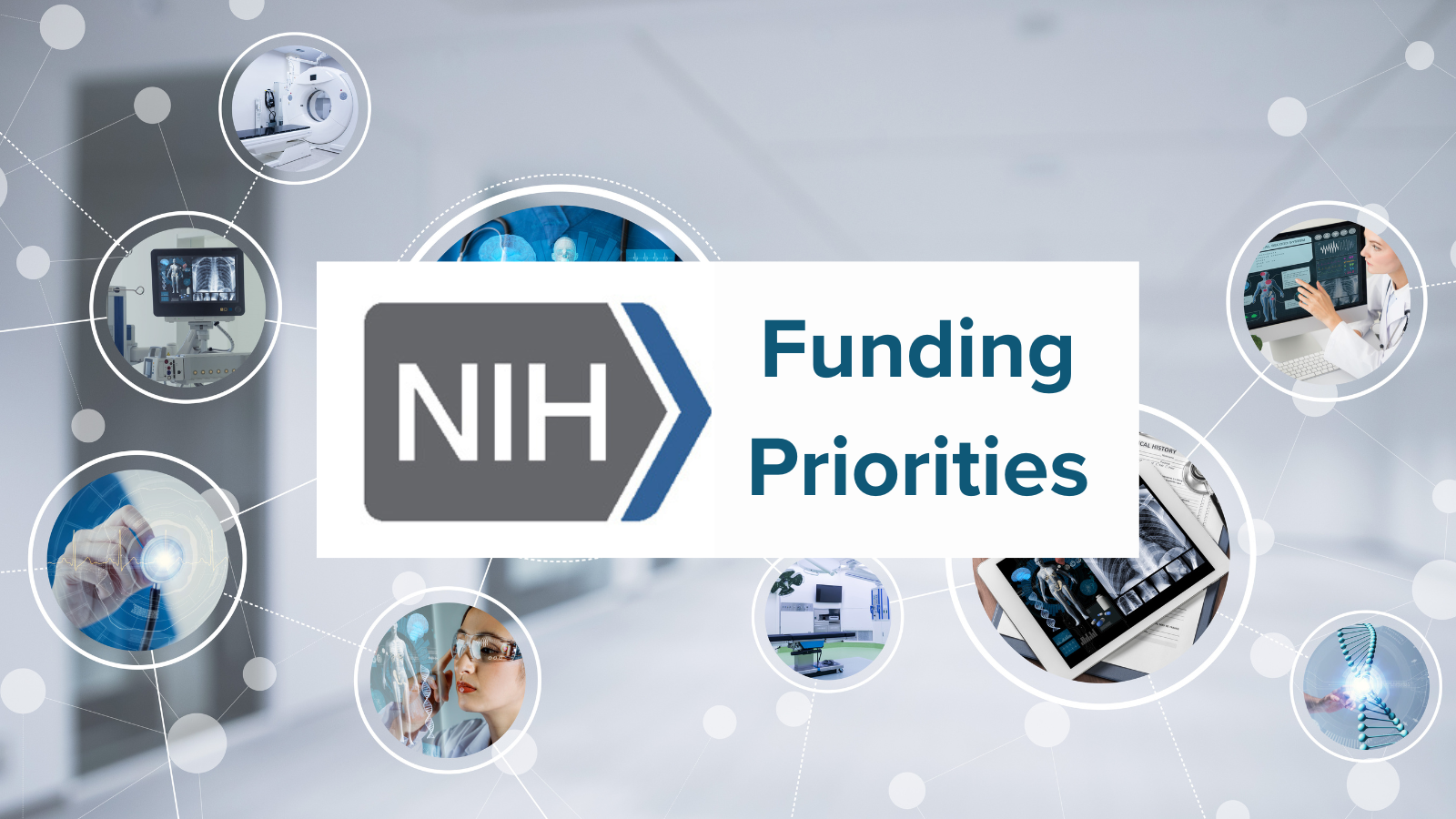Why did you get into investing? What is the most rewarding part for you?
I got into investing through the founder’s path. I started as a venture backed financial technology startup company, which I did for five years. Then I joined the greater Green Bay Chamber where my role is to build out the local startup ecosystem. It was through conversations with people in the area that we identified the need for pre-seed capital. We had the resources, and I had the experience to make it happen, so we dove in to form Tundra Angels. In this role, I get to talk with a lot of founders and hear their stories and passions. It’s exciting to learn about the world changing potential that many of them are executing on. Playing a part in the journey is extremely rewarding.
Give us a brief overview of your firm and your investment strategy.
Tundra Angels is an angel investor group with 21 members from greater Green Bay and the Fox cities. We look at pre-seed, seed and Series A deals. We’re industry agnostic, and the average check size from our group is about $150,000.
At what point should entrepreneurs be when they first contact you?
As early as possible. You don’t have to be at the pitching stage. From my own experience and from working with others, I know it’s important for entrepreneurs to stay within the guardrails and avoid going off the road. They might get bad advice that takes them down a path that shouldn’t be pursued and distracts them for weeks or even months. As a founder, I can look entrepreneurs in the eyes and say, I’ve made that mistake, and here’s what it cost me. There’s a level of candor I can provide early on, which can be empowering to entrepreneurs. Another reason to contact me early is so we can build a mutually beneficial relationship that helps us understand the way each other thinks.
Describe the ideal first interaction scenario you have with an entrepreneur.
I want to hear about the founder’s story. I want to hear why they believe what they believe. How do they know something that nobody else knows? What is the secret or the insight they have into a market that nobody else has seen before? Especially if there’s no formal pitch, I spend a lot of time understanding what makes the founder tick before trying to understand the problem and solution. Even with a fully baked pitch, the story and motivation behind the problem is critical to me.
If there is continued interest, what happens next?
Then we have a second conversation. And if it makes sense, we have third and fourth conversations and see if having the company pitch in front of the investor group makes sense. I try to understand the different elements of the entire business model and what makes the system work. An initial conversation usually allows only a limited view of the founder’s vision. I like to get a 360-degree view, and a series of conversations helps me do that.
What can you tell us about how do you determine the value of the businesses you invest in?
There’s no perfect science to determine valuation. We try to use comparables. We also look at the stage the company is at and the industry it is in. A lot of valuation consideration comes down to the market. The fact is, market values are different in Wisconsin than they are on the coasts, or even Chicago. Understanding the market and the dynamics that drive the price in that market are key factors in determining the value of the business.
Beside money, what else do you bring to the table for the companies you invest in?
Our thesis is that startup companies need capital, connections and customers. Obviously, we can write a check to provide the capital. But the connections and access to potential customers we can provide are at least as important. When considering companies to invest in, I think about the makeup and experience of our investor group and how that matches with the doors that need to be opened for the founder. Knowing that our group can move the needle on connections and customers is an important factor in choosing the companies we work with.
In what ways do entrepreneurs often fall short when asking for money?
New entrepreneurs tend to have a poor sense of how to calculate the amount of money they need to raise. For example, I’ve seen entrepreneurs who have counted the number of people they want to hire over a certain period and use that at the basis for determining how much money to ask for. But that’s not how it should be done. A raise should be calculated based on risk mitigating milestones the company is trying to reach along its journey. What’s the next milestone you need to hit to unlock additional level value for your company, and how much money will it take to get to that milestone? Here’s how much money I’m raising and here’s why. I have observed that conviction in this number is one thing that separates successful entrepreneurs from those who are not yet ready.
What else do you want companies that are seeking funds to know?
My door is open, and I’m approachable. I’m excited about having conversations with companies and being collaborative. You don’t need to have everything buttoned up and have all the answers when you come to me. With startup companies, there’s always going to be an element of experimentation and learning. Just being honest about what you know and what you don’t know is extremely helpful.
What is one wish you have for the Wisconsin entrepreneurship ecosystem?
Increased appetite for risk. From the founder’s side, there is risk hesitancy. I know for a fact there are lots of entrepreneurs who have been noodling on ideas for a long time but are holding out for that inflection point to make them take the next step. We also need more risk appetite on the investor side. In my opinion, when it comes to a company’s traction, there are need to haves and there are nice to haves. Too many times, investors are 100% focused on the need to have category. Our group sees opportunity is differentiating between what we need to have from what would be nice to have, and we have been successful in sniffing that out.
Bonus Question: Tell us one fun fact about yourself or your firm.
Spanish is near and dear to my heart and has played a big role throughout the thread of my life. I had strong Spanish education in high school and majored in it in college. I lived in Costa Rica for three months while studying abroad and again later for a year with my wife. I became fluent in Spanish and worked with JP Morgan Chase in a bilingual banker role for a while. Spanish language and culture just bring a lot of meaning into my life.


